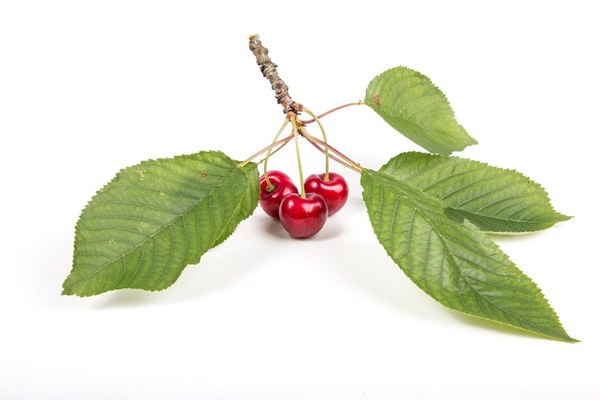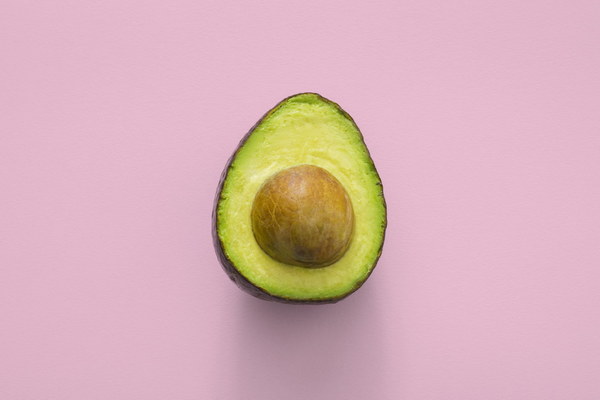Spirulina Natures Liver Guardian for Optimal Health
In the vast array of superfoods available today, spirulina stands out as a true gem, offering numerous health benefits. One of its most remarkable properties is its ability to protect and nurture the liver, an essential organ responsible for detoxifying the body. This article delves into the wonders of spirulina and its potential as a natural liver guardian.
Spirulina is a type of blue-green algae that has been consumed for centuries, particularly in countries like Japan and Mexico. It is rich in various nutrients, including protein, vitamins, minerals, and antioxidants. These compounds contribute to spirulina's health benefits, with its liver-protecting properties being among the most notable.
Firstly, spirulina contains a high concentration of chlorophyll, a natural detoxifier that binds to toxins in the liver, aiding in their elimination. This process helps reduce the burden on the liver and promotes its overall health. Additionally, chlorophyll has anti-inflammatory effects, which can help alleviate liver inflammation and support liver regeneration.
Another key nutrient found in spirulina is phycocyanin, a type of protein that has been shown to have antioxidant properties. These antioxidants help neutralize harmful free radicals in the liver, protecting it from oxidative stress and potential damage. By reducing oxidative stress, spirulina can also help improve liver function and prevent liver disease.

Furthermore, spirulina is a rich source of gamma-linolenic acid (GLA), an essential fatty acid that plays a crucial role in maintaining liver health. GLA has been found to reduce liver inflammation and improve liver function, making it an excellent supplement for individuals with liver conditions such as non-alcoholic fatty liver disease (NAFLD).
Spirulina also offers several other benefits that indirectly contribute to liver health:
1. Weight management: Excess body fat can lead to fatty liver disease. By promoting weight loss, spirulina can help reduce the risk of NAFLD and improve liver function.
2. Immune system support: A strong immune system is essential for protecting the liver from infections and diseases. Spirulina's immune-boosting properties can help maintain a healthy liver.
3. Blood sugar regulation: High blood sugar levels can contribute to liver damage. By helping regulate blood sugar levels, spirulina can reduce the risk of liver disease.
4. Heart health: A healthy heart is closely linked to liver health. Spirulina's ability to improve heart health can indirectly benefit the liver.
To incorporate spirulina into your diet, consider the following suggestions:
1. Add spirulina powder to smoothies, yogurt, or oatmeal.
2. Sprinkle spirulina on salads, sandwiches, or roasted vegetables.
3. Purchase spirulina capsules or tablets for convenience.
4. Prepare spirulina-based dishes, such as spirulina noodles or spirulina burgers.
While spirulina offers numerous health benefits, it is essential to consult with a healthcare professional before starting any new supplement regimen, especially if you have pre-existing liver conditions or are taking medication.
In conclusion, spirulina is a powerful superfood that can serve as a natural liver guardian. Its liver-protecting properties, coupled with its numerous health benefits, make it an excellent addition to a balanced diet. Incorporate spirulina into your daily routine and enjoy the numerous advantages it has to offer for your liver and overall well-being.









